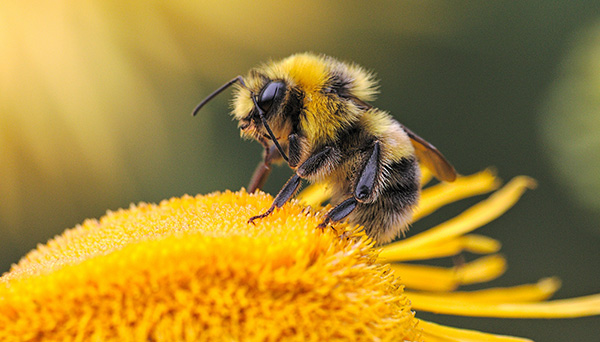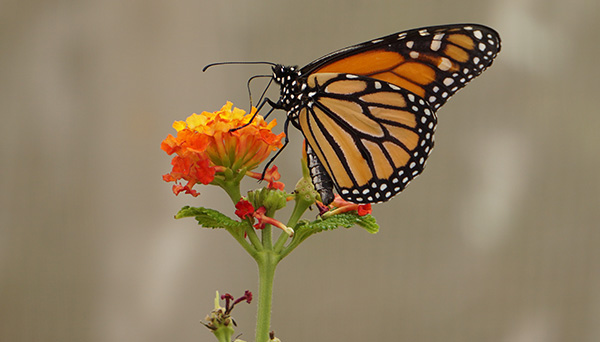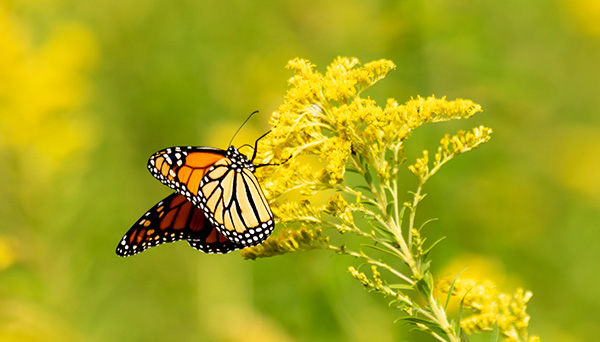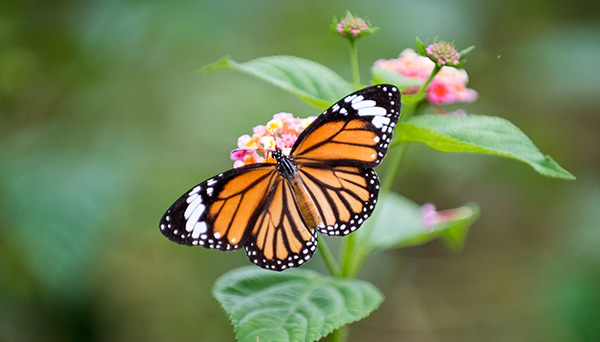Strengthening Regional Pollinator Conservation to Secure Local Benefits
Status: Completed
Operational Plan: 2019 - 2020
Pollinators support the reproduction of the majority of wild plants and 75% of crop species, and are crucial to food security, human well-being and natural ecosystems. However, the number of pollinators has declined due to habitat loss and degradation, intensive agricultural management, widespread use of agrochemicals, pathogens, invasive species and climate change—resulting in the need for conservation actions and the engagement of stakeholders in different sectors. This project aims to develop a North American Pollinator Conservation Framework with recommendations for decision making, leveraging existing pollinator conservation efforts across the region; and to promote stakeholder engagement through increased awareness of the ecological and socio-economic benefits of pollinators for local communities.

Issues
- Pollinators are crucial to food security, natural ecosystems, human well-being and livelihoods
- In North America, many pollinator populations are in decline and there are no cooperative efforts to address this at the regional level
Aim
- The CEC is bringing together organizations across North America that work on pollinator conservation and is supporting collaborative actions
- The CEC will compile information on pollinators and their socio-economic and ecological benefits in North America to inform decision-making
Deliverables
- First North American Pollinator Conservation Framework, including state of knowledge on pollinators and recommendations to inform decision-making
- Case studies to highlight ecological and socio-economic benefits of pollinators
- Active network of experts, communities and all levels of government sharing knowledge and promoting the socio-economic and ecological benefits of pollinators across North America
Related Projects

Engaging Farmers and Other Landowners to Support Monarch Butterfly and Pollinator Conservation
Operational Plan 2015 - 2016
Contact
For more information about this project or to partner with us, contact:
Lucie Robidoux
Head of Unit, Ecosystems







